
Grown Up Digital
How the Net Generation Is Changing Your World
Recommendation
In 1997, Don Tapscott wrote Growing Up Digital, an extensively researched inquiry into how growing up immersed in digital technology changed a generation. Now, he returns to this question, exploring what has happened as that generation and its technology have matured. Tapscott addresses numerous concerns and delves into accusations commonly voiced about this “New Generation.” He generally finds that the insults are without merit. In fact, he is almost a cheerleader for the digital generation (or “Net Gen,” as he calls it). The book reads quickly, especially considering that it is based on a $4 million, multiyear research project including nearly 10,000 interviews. Where Tapscott shows his supportive research, he is highly persuasive. When he wanders into personal positions, his reasoning is less compelling. getAbstract suggests his comprehensive report to a wide range of readers: all marketers and futurists, anyone interested in cyber-culture and any human resources professionals who wonder how to integrate Net Gen into the workforce.
Summary
About the Author
Don Tapscott has written or co-written 11 books, including Growing Up Digital, Paradigm Shift and Wikinomics.










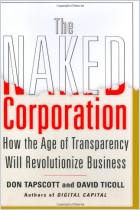
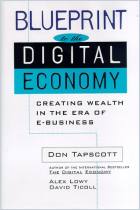
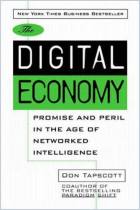
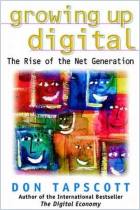
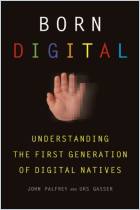
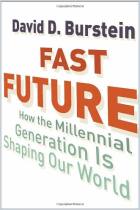
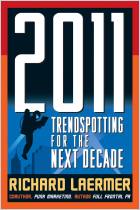

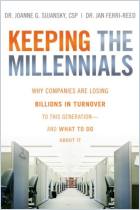






Comment on this summary or Comenzar discusión